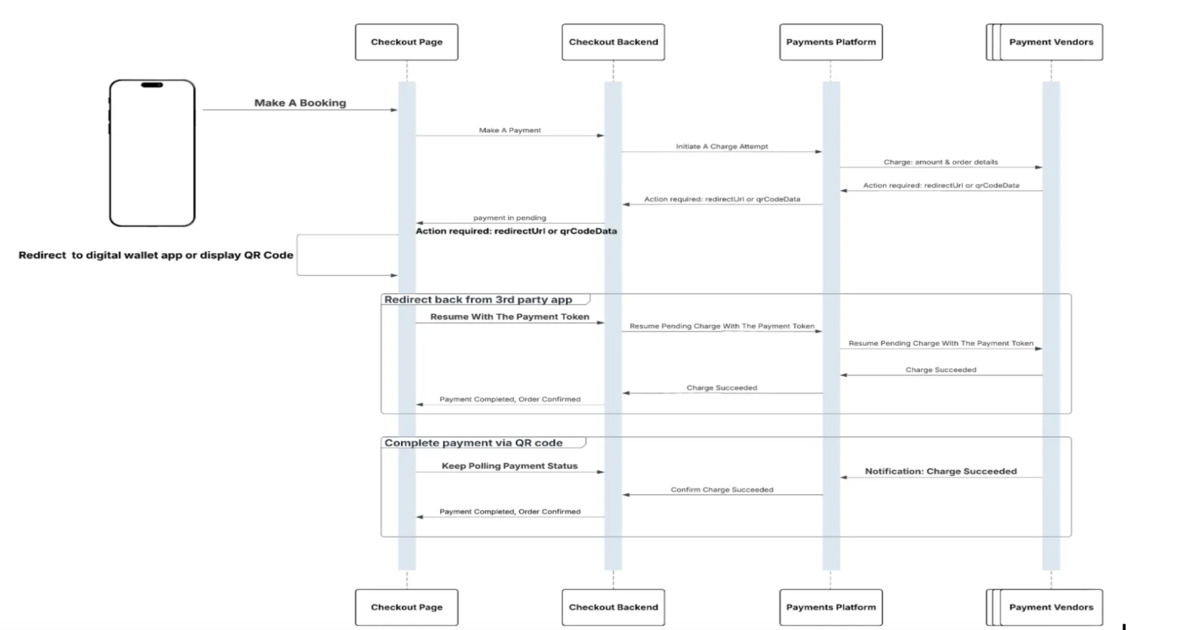Don’t miss out on our latest stories. Add PCMag as a preferred source on Google.
The Federal Communications Commission is signaling its support for SpaceX to deliver gigabit satellite internet through Starlink, calling the move good for broadband competition, including ground-based fiber providers.
FCC Space Bureau Chief Jay Schwarz mentioned the support today in a speech at the New America think tank’s LEO Satellite Policy Symposium. He didn’t name SpaceX specifically, but he brought up two low-Earth orbit satellite internet systems—a likely reference to Starlink and its competitor, Amazon’s Project Kuiper, now rebranded as Amazon Leo.
“In fact, both of the major LEO constellations that are delivering consumer broadband or anticipate doing so, they expect that if they can operate at higher power levels, they will be able to deliver fiber-like service, perhaps in excess of 1 gigabit per second,” he said.
Jay Schwarz (Credit: New America/PCMag)
As a result, Schwarz said it was crucial for the FCC to reform decades-old technical restrictions on radio emissions for satellite systems, also known as the “equivalent power flux density” rules. Although the rules were designed to curb radio interference, the commission voted in April to update the restrictions, citing them as an outdated barrier to unleashing faster satellite internet.
Schwarz also highlighted the need to update the rules by tackling technical inefficiencies at the FCC. “There seems to be real benefit, both in terms of broadband quality, delivered to rural America, and frankly, competition, right? Between LEO systems and against terrestrial systems. Lots of benefits we would be passing up if we didn’t deal with these efficiencies.”
The statement suggests the FCC views Starlink as a direct competitor to traditional ISPs when satellite internet has long been viewed as more of a niche solution for internet access in rural and remote areas. This week, SpaceX introduced a $40-per-month Starlink plan for parts of the US. But in other areas, it faces congestion and requires new sign-ups to pay a higher fee.

Get Our Best Stories!
Your Daily Dose of Our Top Tech News

By clicking Sign Me Up, you confirm you are 16+ and agree to our Terms of Use and Privacy Policy.
Thanks for signing up!
Your subscription has been confirmed. Keep an eye on your inbox!
This is also good news for SpaceX’s FCC application to operate close to 20,000 additional Starlink satellites and use even more radio spectrum to unleash the gigabit speeds. Last month, FCC Chair Brendan Carr also indicated that he’d open the floodgates to fast-track large-scale satellite license approvals, which typically take one to two years of regulatory review. (Still, the satellite approvals may face opposition from some environmentalists and astronomers concerned about Starlink creating light pollution and harming the ozone layer.)
Like Carr, Schwarz said the FCC needs to ramp up its ability to advance the US’s satellite industry, pointing to China as a major threat. “It’s space race 2.0. The CCP [Chinese Communist Party] is aggressively pursuing space dominance. They want to beat us to the orbits,” he said.
“And they want to offer nations around the world their own authoritarian-controlled internet from space,” he added, alluding to China’s strict censorship of the internet from within the country.
Recommended by Our Editors
In response, the FCC is focused on streamlining its regulatory reviews “to dramatically increase throughput” for the satellite industry, he said, calling the current satellite licensing process “unpredictable and slow.”
“Obtaining an FCC license shouldn’t be a multi-year odyssey. Engineers shouldn’t have to guess what requirements the FCC ultimately is going to have for how you should design your system,” he added. “Nobody should have to expect the FCC license is the linchpin to their entire business plan.”
To fix this, the commission wants to bake in flexibility and simplicity into the regulatory process while cutting out other burdensome requirements. This includes expediting proposals that clearly fall into the satellite licensing rules, allowing the FCC to focus on plans that deviate from the normal restrictions. “Eventually, we want all of this to lead to much more automation,” he said. “More predictability, shorter timelines, less bureaucracy.”
Another FCC goal is to ensure there’s enough radio spectrum available for satellite services, enabling them to deliver more data. In addition, the agency wants to prevent “under-use” of a resource from satellite companies blocking out competitors through licensed rights.
About Our Expert

Michael Kan
Senior Reporter
Experience
I’ve been a journalist for over 15 years. I got my start as a schools and cities reporter in Kansas City and joined PCMag in 2017, where I cover satellite internet services, cybersecurity, PC hardware, and more. I’m currently based in San Francisco, but previously spent over five years in China, covering the country’s technology sector.
Since 2020, I’ve covered the launch and explosive growth of SpaceX’s Starlink satellite internet service, writing 600+ stories on availability and feature launches, but also the regulatory battles over the expansion of satellite constellations, fights with rival providers like AST SpaceMobile and Amazon, and the effort to expand into satellite-based mobile service. I’ve combed through FCC filings for the latest news and driven to remote corners of California to test Starlink’s cellular service.
I also cover cyber threats, from ransomware gangs to the emergence of AI-based malware. Earlier this year, the FTC forced Avast to pay consumers $16.5 million for secretly harvesting and selling their personal information to third-party clients, as revealed in my joint investigation with Motherboard.
I also cover the PC graphics card market. Pandemic-era shortages led me to camp out in front of a Best Buy to get an RTX 3000. I’m now following how President Trump’s tariffs will affect the industry. I’m always eager to learn more, so please jump in the comments with feedback and send me tips.
Read Full Bio









